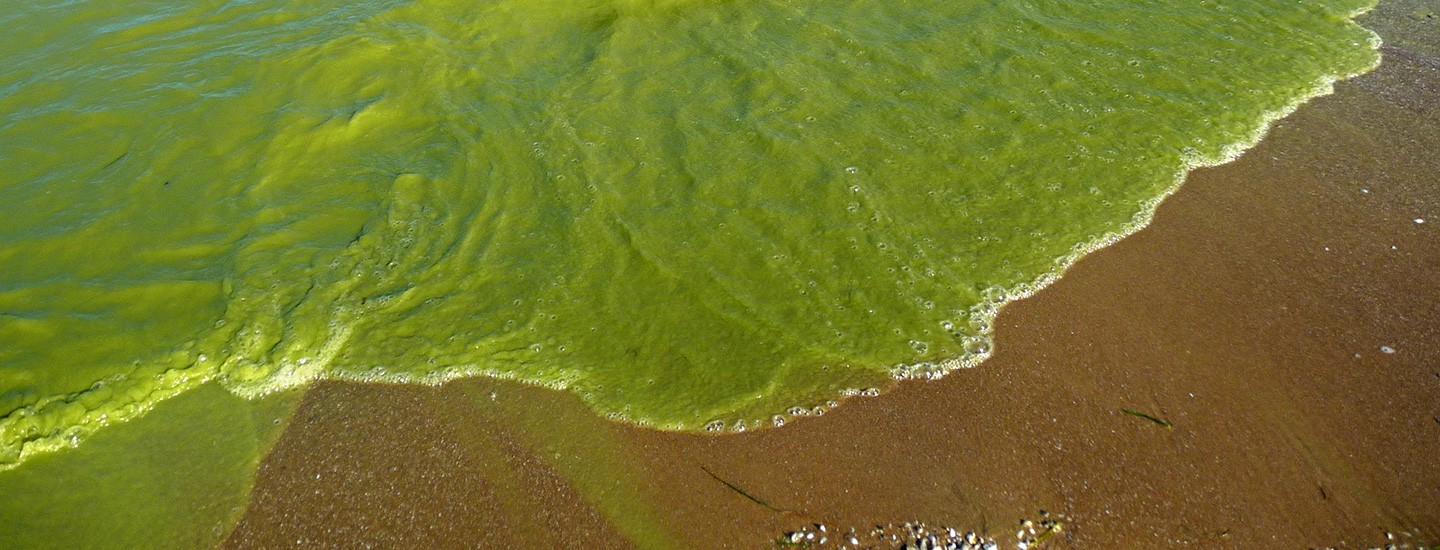
Florida’s recent history of water quality impairments is no secret, most recently highlighted in the aftermath of Hurricanes Ian and Nicole. Rampant pollution, harmful algal blooms, fish kills, seagrass die-off, and mass mortality events of endangered and critical wildlife have dominated waterways and headlines across the state.
Florida also has a history with phosphates, the substance that is used to make fertilizer, and phosphate mining. Phosphogypsum is the radioactive byproduct or waste product that results from the process of making fertilizer. Given that phosphogypsum releases cancer-causing radon gas and a toxic cocktail of carcinogens, EPA requires that it is stored in “gypstacks' precisely because it is so toxic. A storage system that is bound to fail, and has, most recently in 2021 with the Piney Point emergency, where hundreds of millions of gallons of toxic wastewater were discharged into Tampa Bay contributing to one of the worst red tide blooms and fish kills in over 50 years. That’s why Surfrider’s Suncoast Chapter has been active and vocal in their opposition to the phosphate industry in Florida given its impacts on regional water quality and environmental health.
Alarms were sounded with the introduction of HB1191 ‘Use of Phosphogypsum’ at the beginning of the 2023 legislative session. The bill would allow for the use of phosphogypsum as a part of a ‘demonstration study’ by the Florida Department of Transportation for the suitability of the substance in road construction in Florida by April 2024. While radioactive roads and runoff sound like dystopian science fiction, this bill would make it reality in Florida.
Despite existing water quality impairments and concerns, the bill moved swiftly through both chambers of the legislature, but not without opposition and several common-sense amendments that would have required a concurrent environmental impact study by the Florida Department of Environmental Protection. Those efforts ultimately failed, and within hours of passage, Surfrider’s network activated to urge the Governor to veto this toxic legislation through individual emails, chapter veto letters and participation in a veto sign-on letter led by partners at Sierra Club and Center for Biological Diversity.
Unfortunately, calls for the Governor to veto this bill were unheard, and he signed the bill into law on June 29, 2023. Given the harrowing implications for water quality and public health, Surfrider is disappointed at the passage of the bill and will closely watch the implementation of this bill and the ‘demonstration study’ to prevent the use of phosphogypsum in Florida roadways. Floridians should not be subject to exposure to cancer-causing substances in their communities and waterways. Join Surfrider’s Florida network today to follow this critical clean water and public health issue.
